- Joined
- Nov 28, 2016
- Messages
- 251
- Reaction score
- 523
I never became aware of this place until the latter half of 2019. From the pics I was seeing it appeared worth a look. Quite a bit still to see I thought with some cool decay and nature egress in parts. Certainly enough small things left about to give you an idea of its past product. It all added up to being nicely photogenic. Really wanted to see the Bulldog Bobby stickers also. A real blast from the past from my childhood. A relaxed, enjoyable and uninterrupted mooch. Visited with Paul.
Price's National Teapots, also known as Top Bridge Works. This grade II listed building has been occupied by Price Brothers since the 1890s, becoming Price & Kensington from 1962. Along with the Spode factory, the Top Bridge Works is the earliest surviving example of a fire proof pottery works. The two storey range with rear yards and bottle ovens (only one remains) has been much modified over time and like many pottery factories it backs onto the Trent and Mersey Canal.
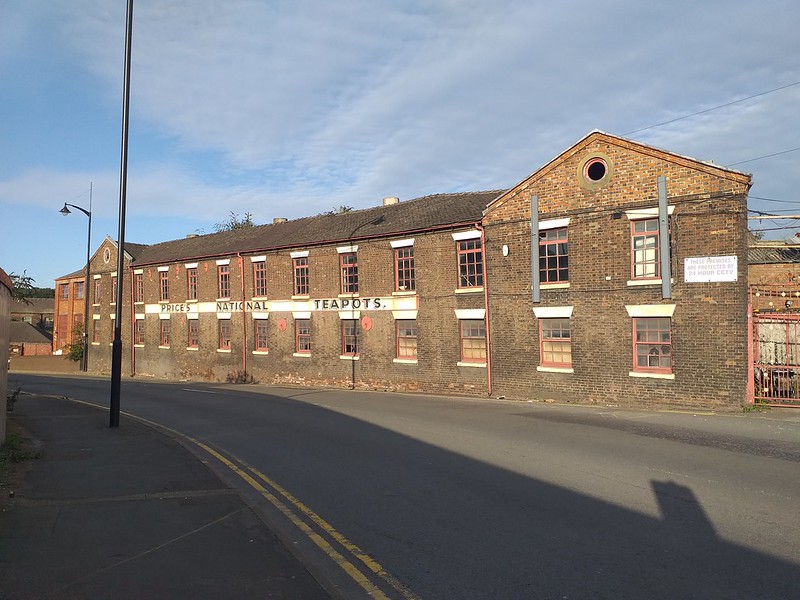
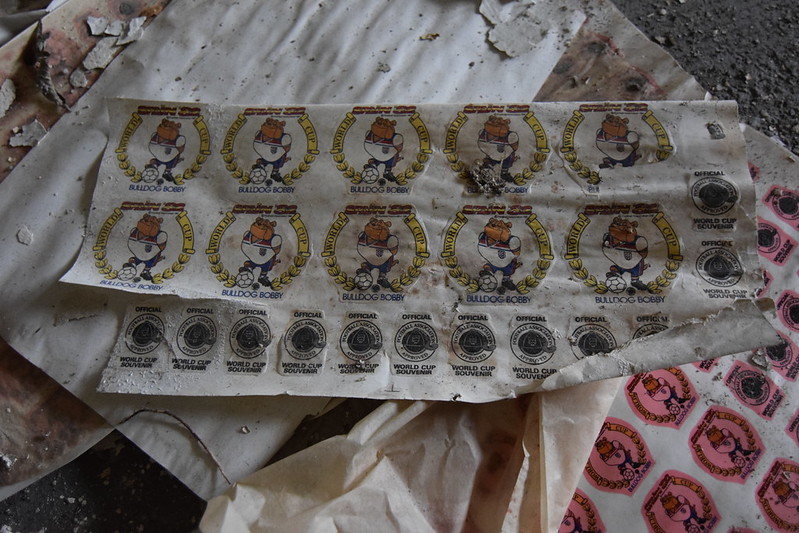
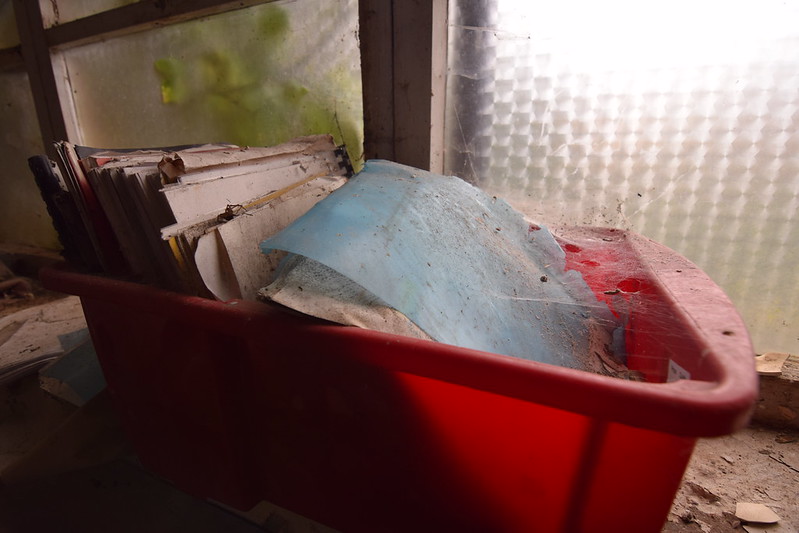
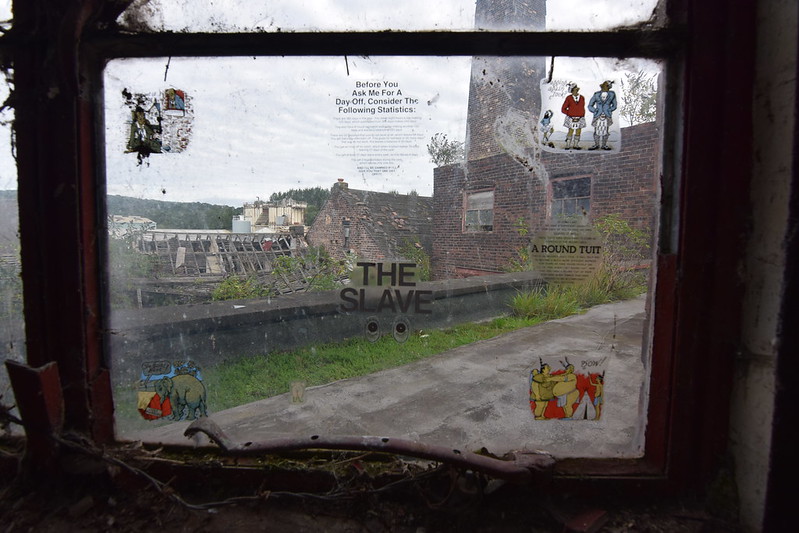
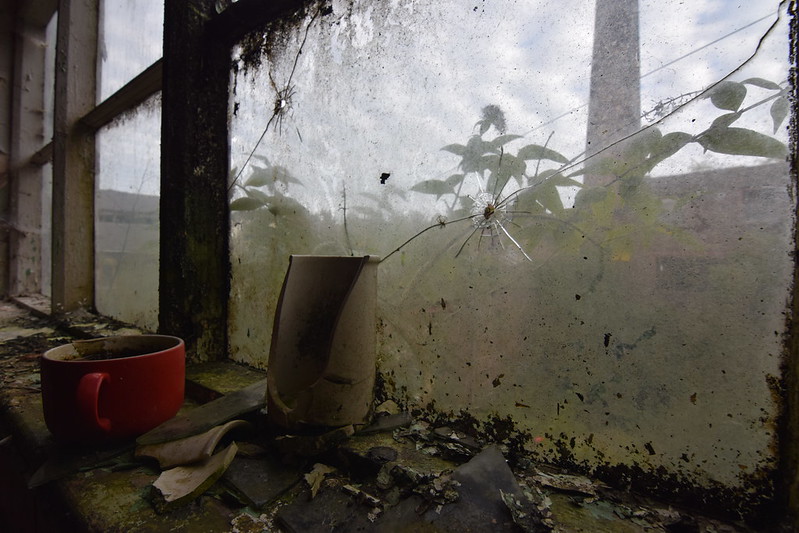
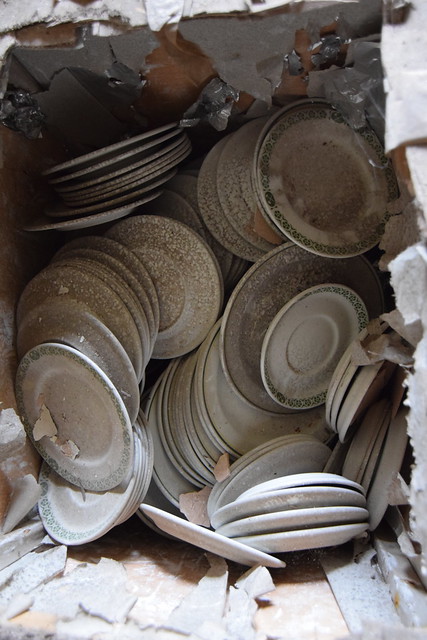 ..
..
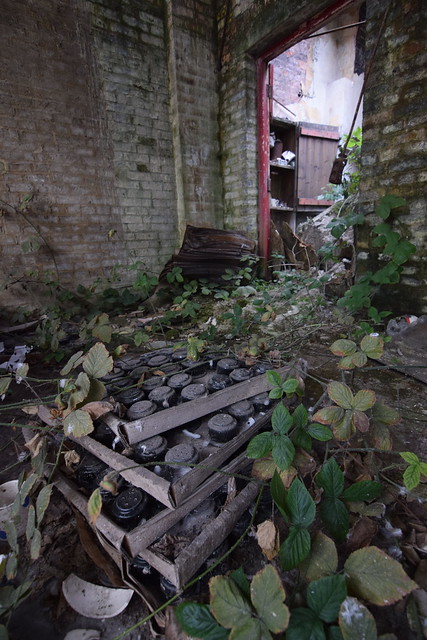
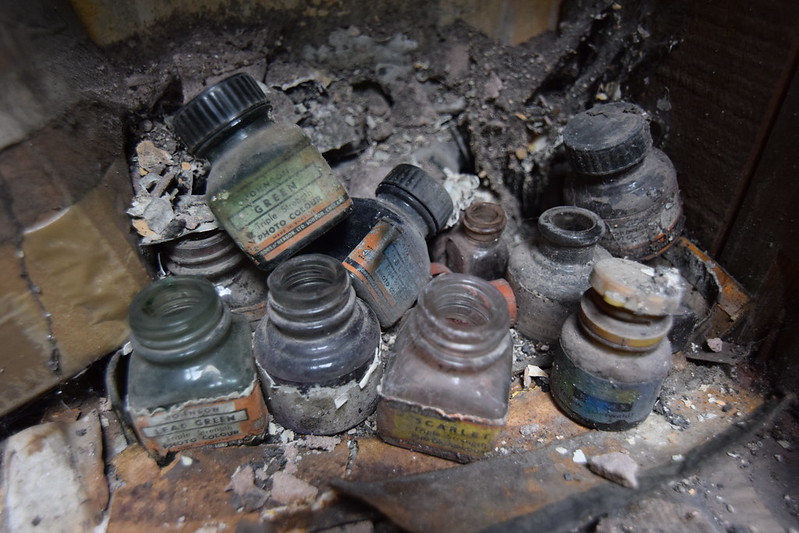
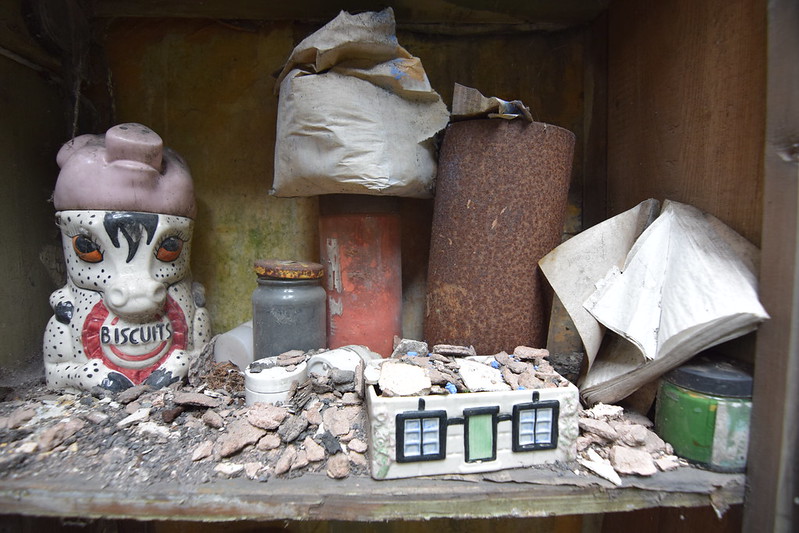
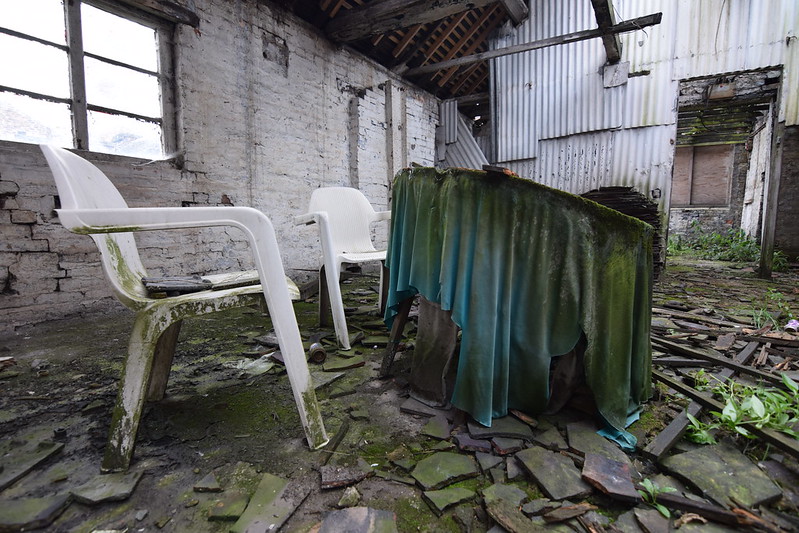
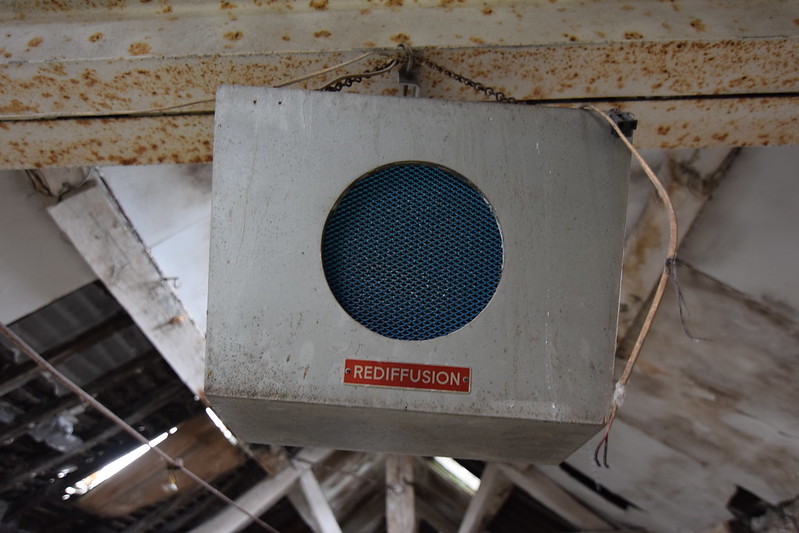
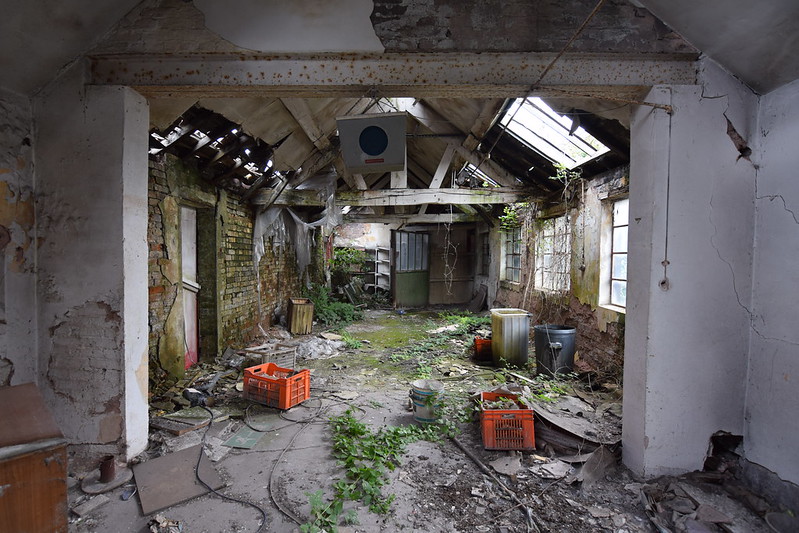
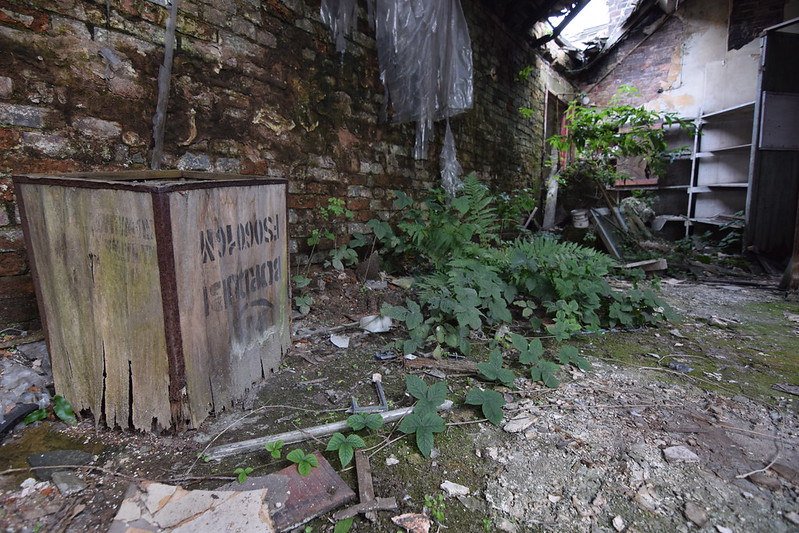
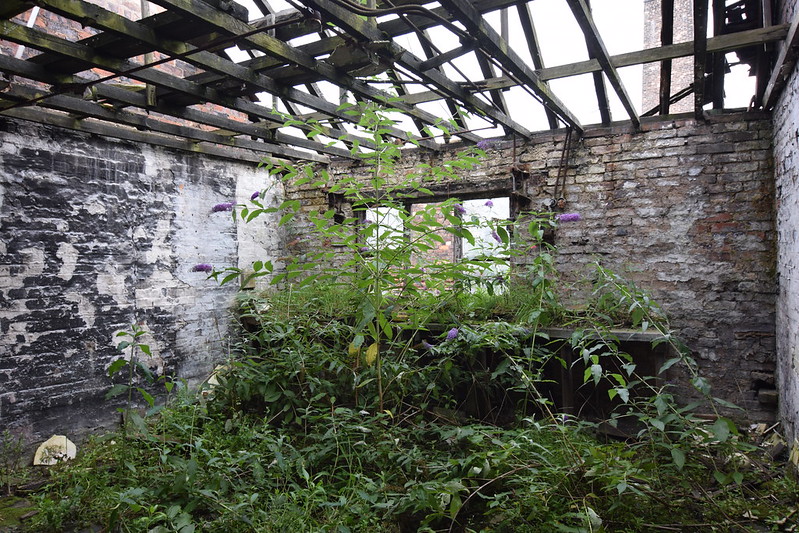
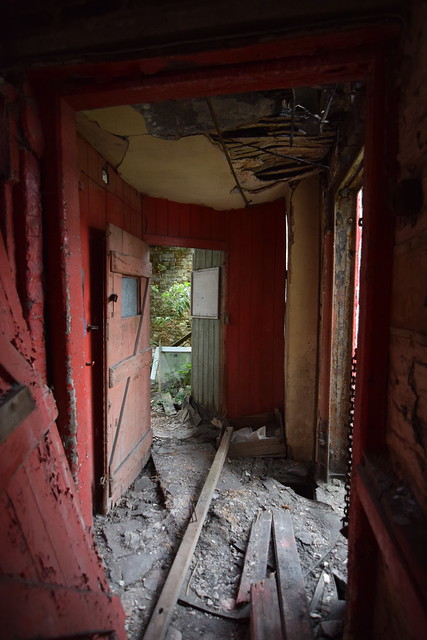 ..
..
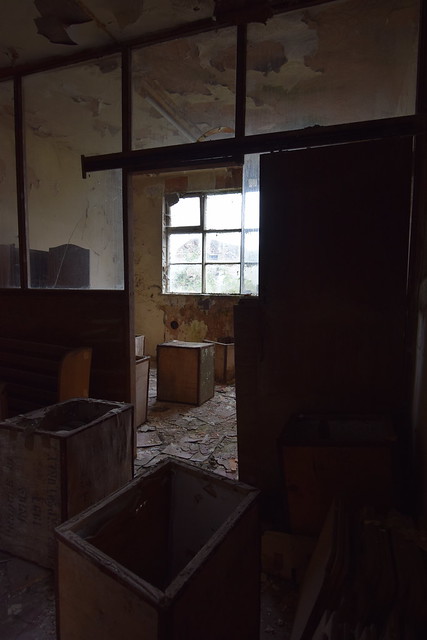
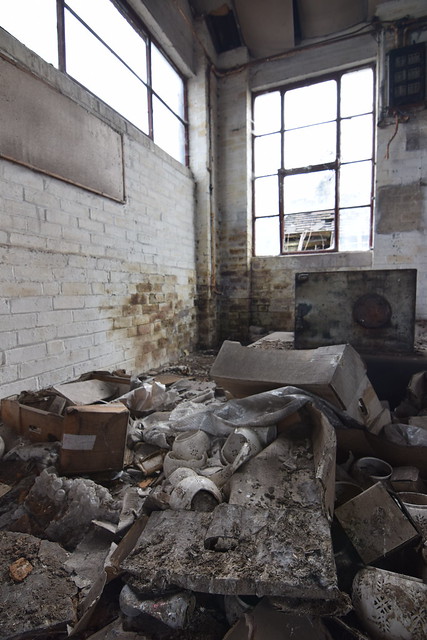 ..
..
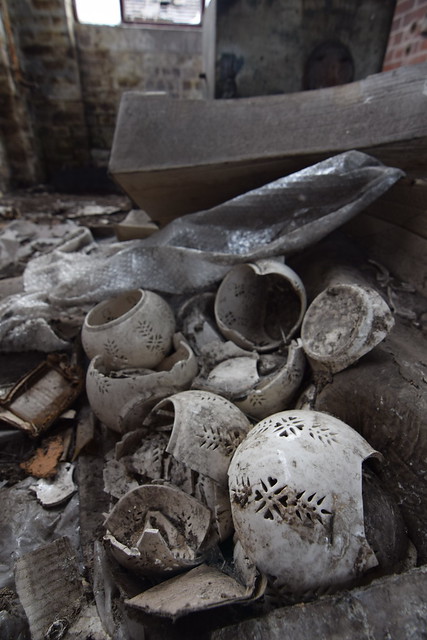
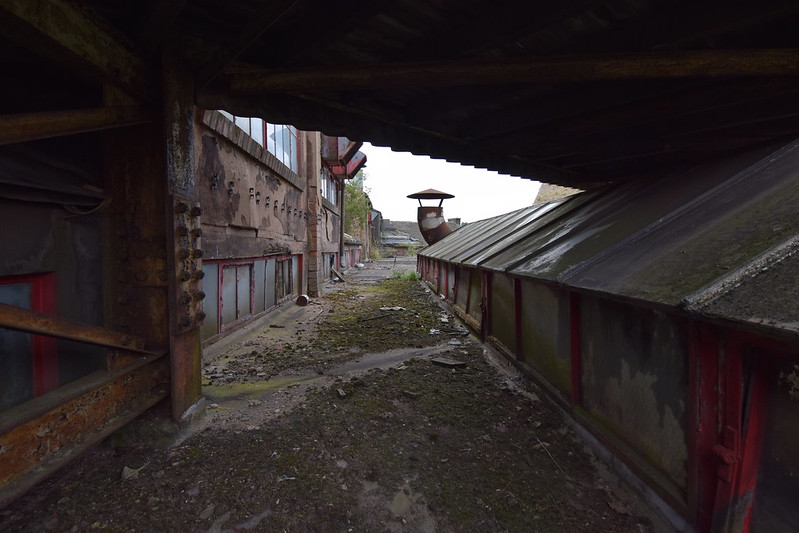
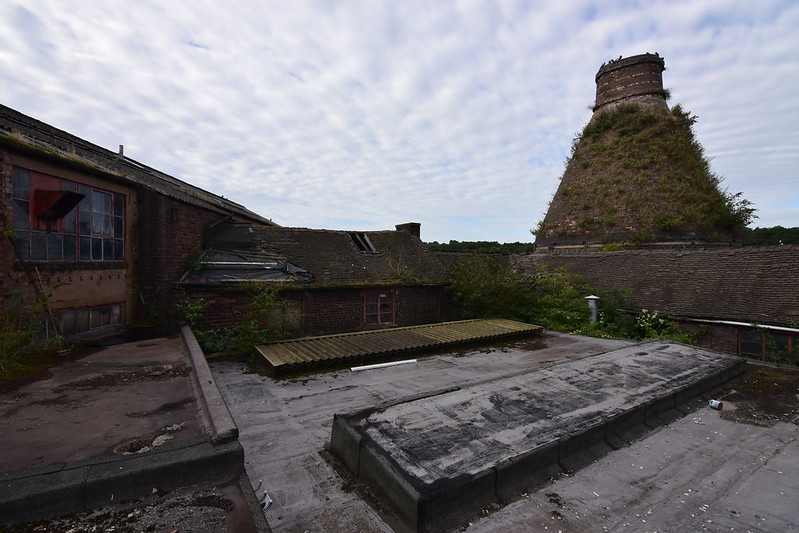
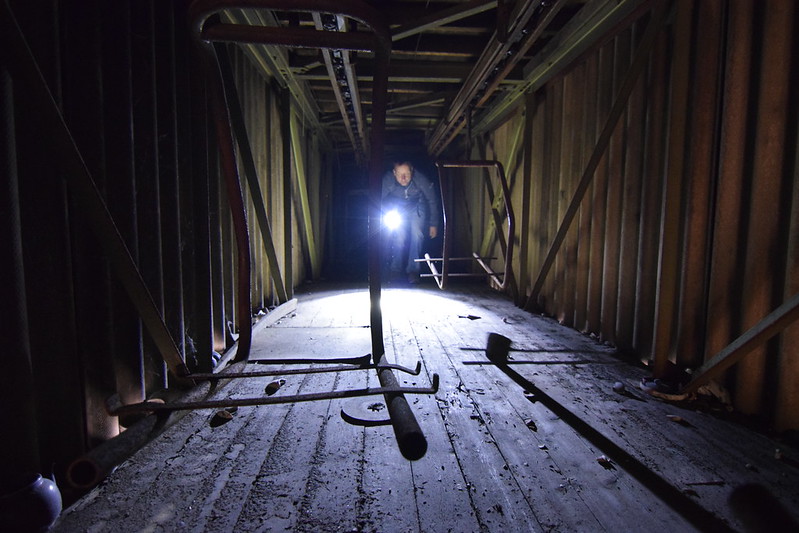
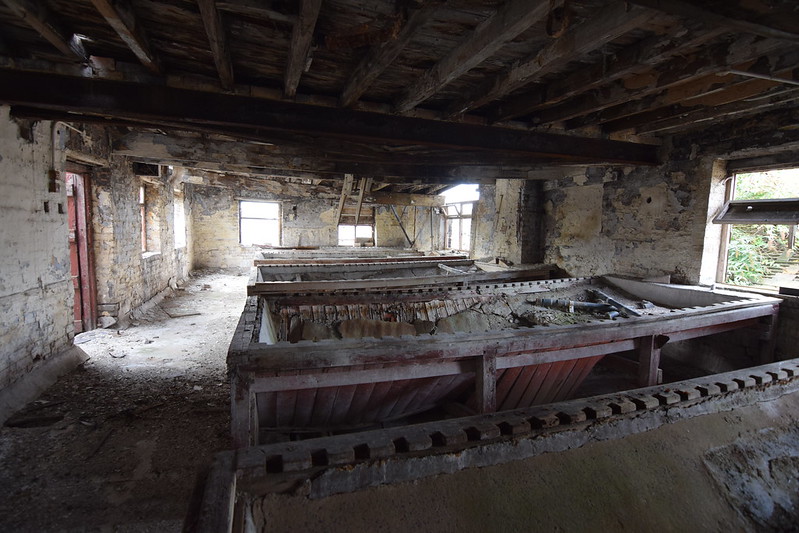
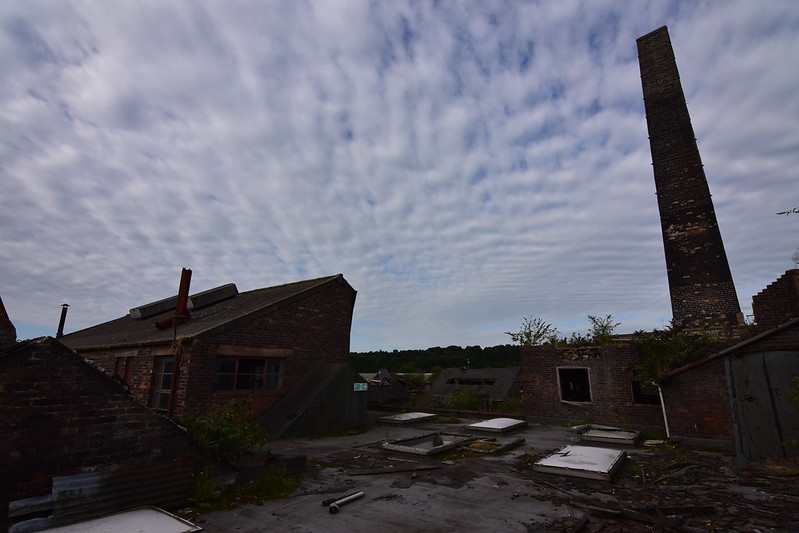
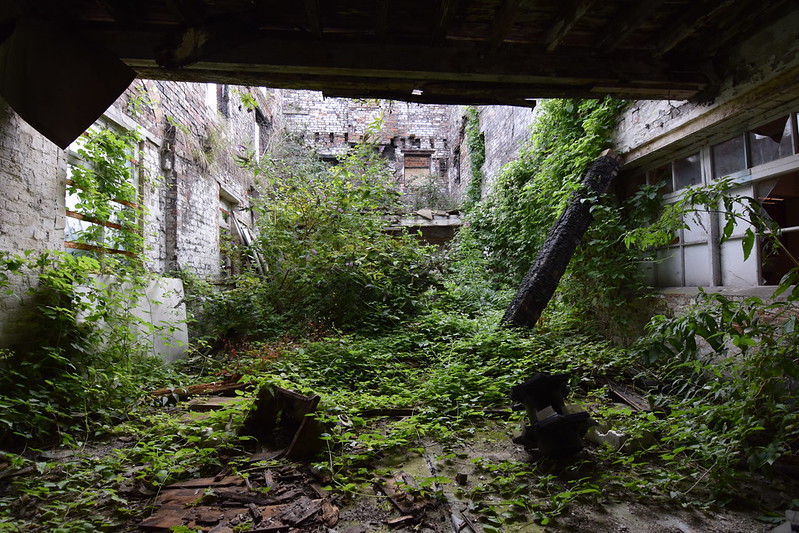
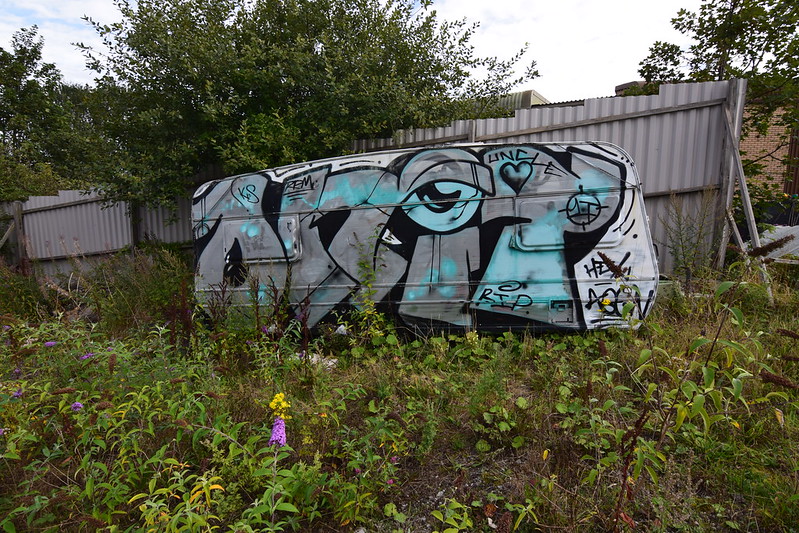
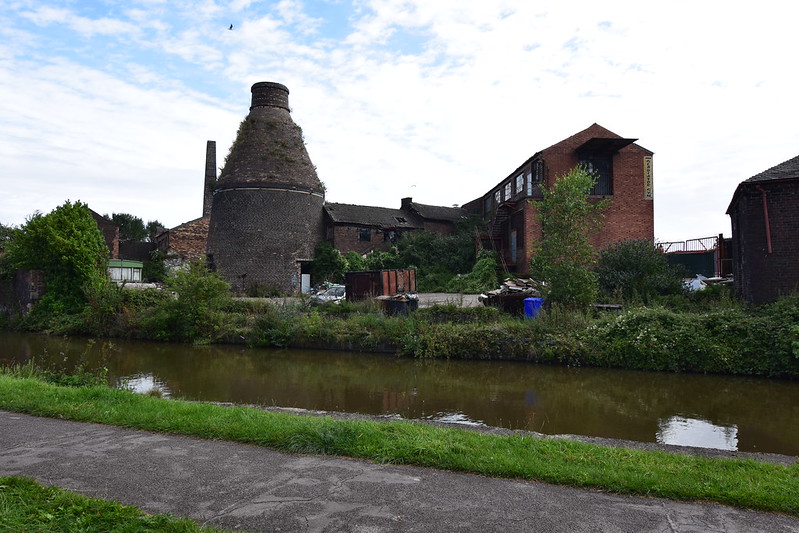
Thanks For Looking
Price's National Teapots | Flickr
Price's National Teapots, also known as Top Bridge Works. This grade II listed building has been occupied by Price Brothers since the 1890s, becoming Price & Kensington from 1962. Along with the Spode factory, the Top Bridge Works is the earliest surviving example of a fire proof pottery works. The two storey range with rear yards and bottle ovens (only one remains) has been much modified over time and like many pottery factories it backs onto the Trent and Mersey Canal.





 ..
..








 ..
..

 ..
..









Thanks For Looking
Price's National Teapots | Flickr
Last edited:



